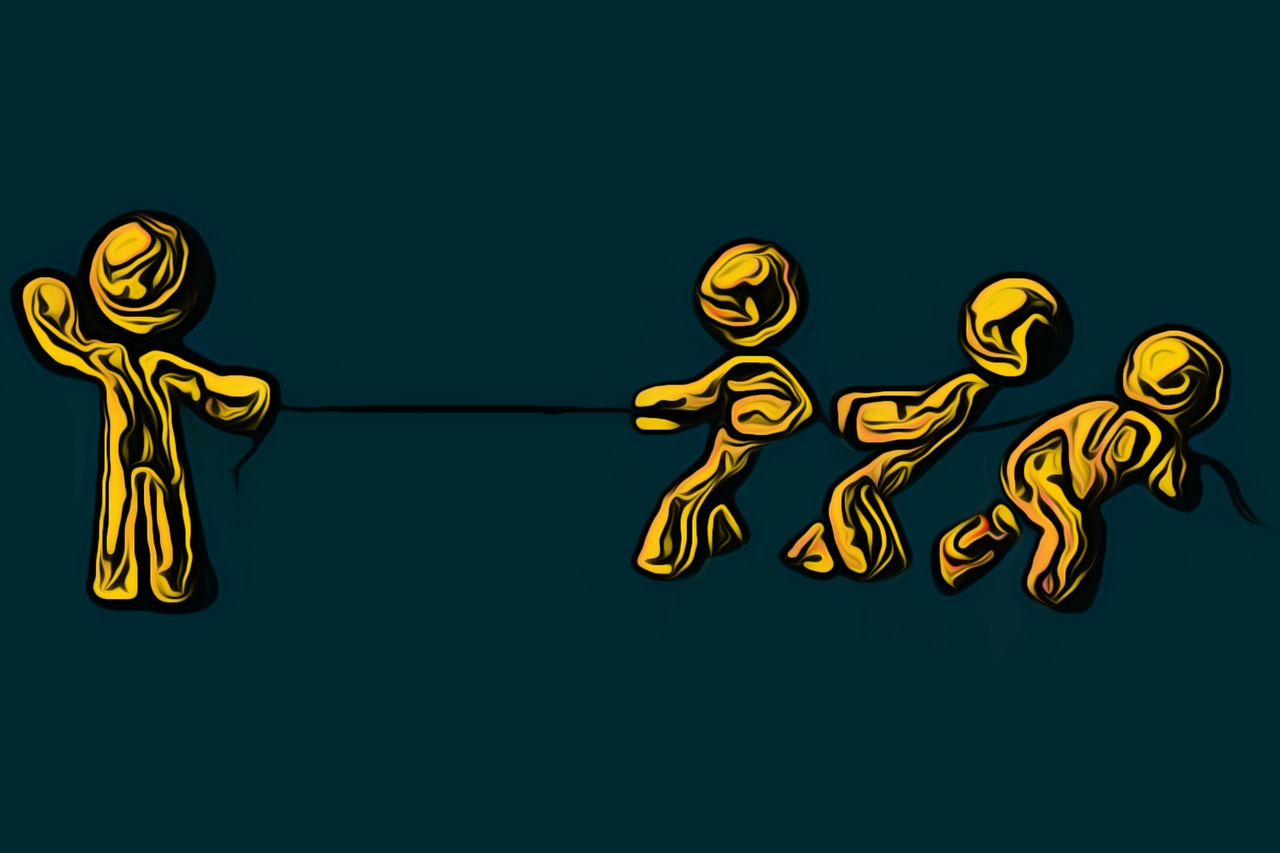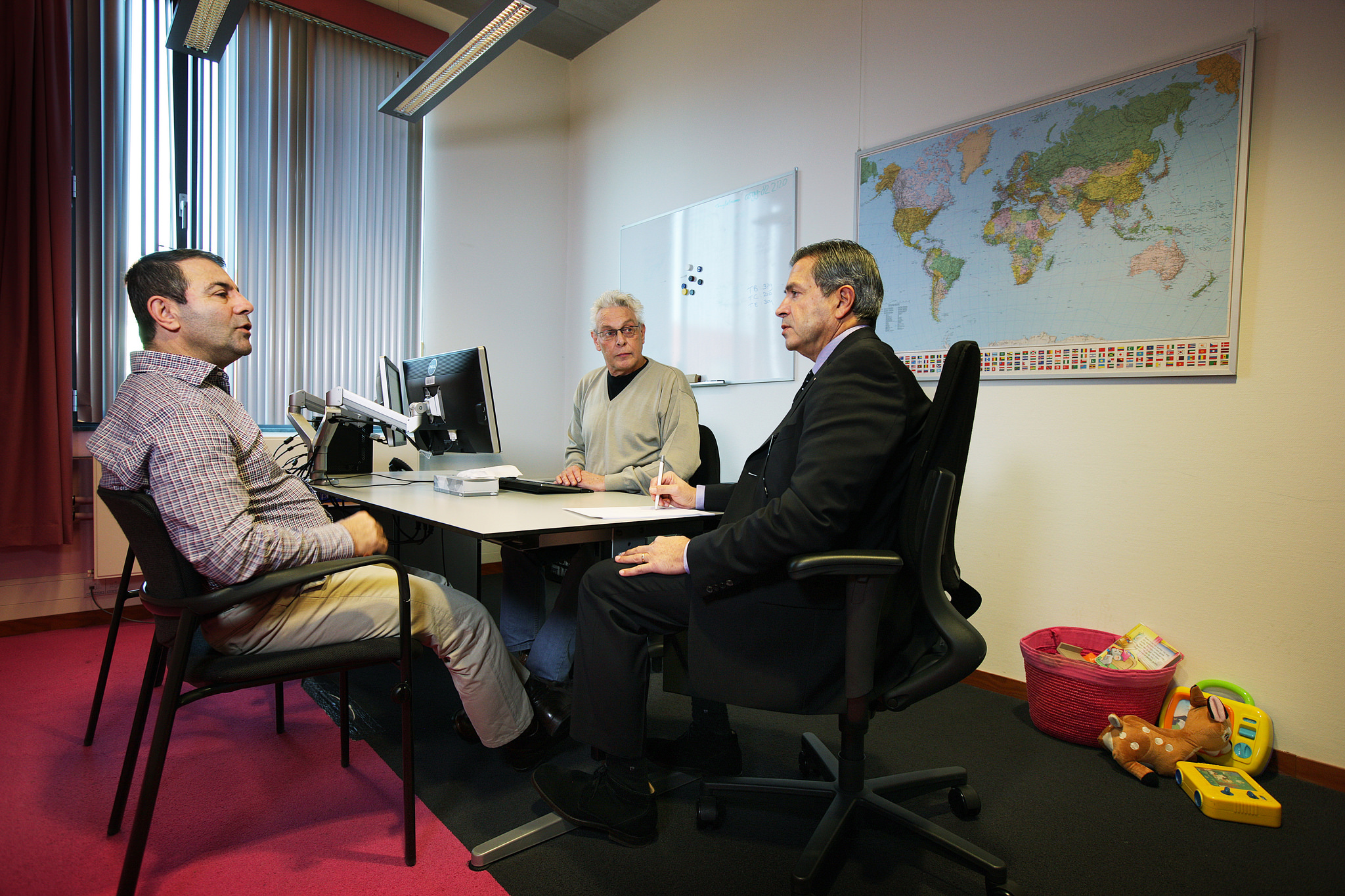Latest blog articles
-
Current US and EU secondary liability standards do not address all factors to trigger liability. This influences legislation and case law, setting an uncertain secondary liability outcome of IP infringement cases against Internet Intermediaries’. I suggest that tort law can tackle this problem.
-
Unlike other sectors, improvements in Genetic technology raise issues of morality. The new human gene editing technology CRISPR/CAS9 has raised many such concerns. Can the current patent system deal with these concerns or should morality be dealt with by the inventors themselves?
-
The need to guarantee the free flow of information in a Big Data economy forces us to re-think Intellectual Property Rights and find an appropriate balance between competition, innovation, privacy and incentives.
-
With or without the UK, the EU will try to find a way to implement the UPC as it has invested considerable time and efforts knowing the benefits it will bring; however, the fate of the Agreement could be decided on judicial grounds instead of political ones.
-
SMECC stands for School, Minimum standard, Education, Child-friendly policy and care-Continuum. Imagine SMECC as a flat drawing of a house. The regulatory backstop is the minimum standard in family litigation for competent parenthood – far on the horizon, however, a necessary fundament of human...
-
Asylum seekers usually do not cross borders with a bag of documents. They have lost their personal belongings or have been confiscated by smugglers. Oral statements are therefore the only proof of origin. (Dutch only)
-
On September 9th 2015 the president of the Commission, Juncker, adressed for his first time the European Parliament in his State of the Union. This year’s State of the Union was entitled: Time for Honesty, Unity and Solidarity. And the key concepts were: more Europe in the Union, and more Union in...






